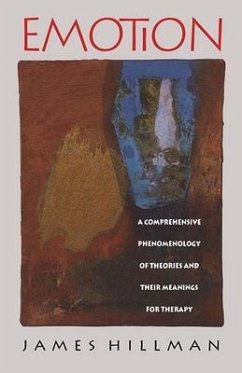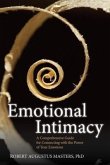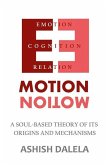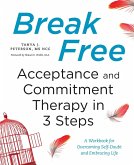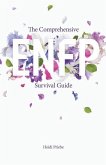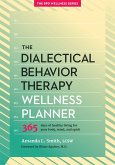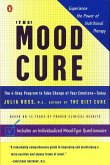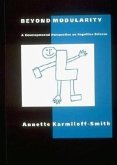"I wake in the night and the emotions are there. I am afraid of the future, alone. I am tormented by my incapacity to meet what is expected of me. It would be easier just to be dead". What is the meaning of such emotions? What is emotion itself? What is really happening in therapy when people "express their emotions"? As James Hillman writes in his new preface to this sweeping study, he intends nothing less than "to vitalize a standard topic of academic psychology by making the theory of emotion as crucial as is emotion itself in our lives". The central part of the book offers an informative and readable survey of a range of theories of emotion. Although Hillman focuses on the twentieth century, he moves with ease from Greek thought to early Christianity to nineteenth-century German physiology. Hillman's "phenomenology of theories" uncovers the intellectual heritage that underlies the concepts used by therapists today. Whenever we conceive of emotion in terms of equilibrium and disturbance, tension and release, or conflict and resolution, we are taking part in complex traditions which for the most part remain unspoken or misunderstood. Hillman's work challenges us to rethink our concepts and thereby to re-experience emotional phenomena. Hillman reunites the insights he has discovered into an integrated understanding of emotion. Drawing fruitfully on Aristotle and Jung, he describes emotion as a bodily condition, as a process that is intrinsically directed toward a beneficial transformation, and as the result of symbolic stimulus. Eschewing all reductionism, Hillman creates a powerful approach to a problem that ultimately "remains perennial and its solution ineffable". This learned studyfrom a versatile psychologist and analyst contributes to today's renewed interest in the history of the body. Furthermore, his understanding of emotions in terms of epiphany makes a stimulating contribution to phenomenology. This book is equally thought-provoking for the therapist, the philosopher, the intellectual historian, and the general reader.

